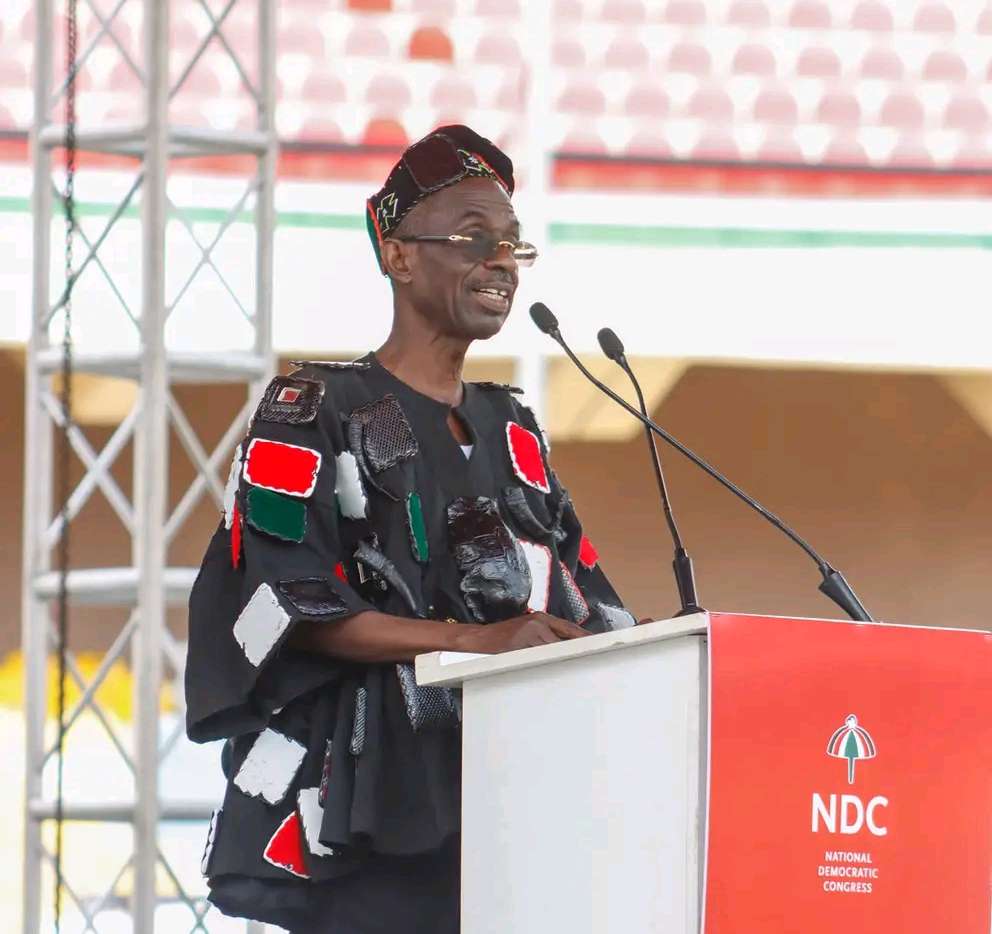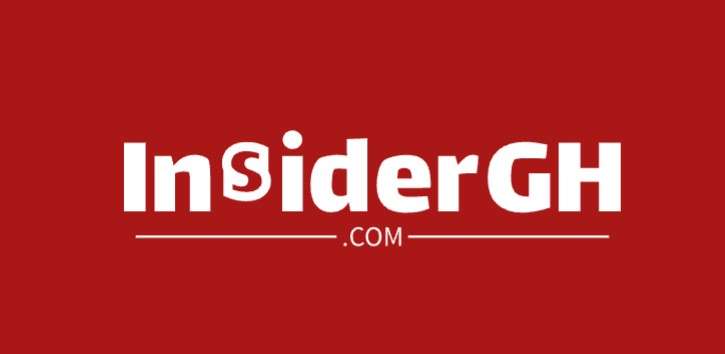The International Monetary Fund (IMF) in Ghana has a new Resident Representative. Dr Leandro Medina (LM) assumed office in Ghana in September last year and got straight busy with the staff-level negotiation with the country for a programme that enables the fund to offer assistance towards microeconomic stability and debt sustainability.
He opened up to answer some questions from Theophilus Yartey (TY), Deputy Editor of the Daily Graphic, on many issues.
THEOPHILUS Yartey (TY): You just began your new role as the Resident Representative of the IMF in Ghana. Is Ghana your first station in Africa? What are your impressions of the country?
Leandro Medina (LM): I took up the role of IMF Resident Representative to Ghana in September. I have been warmly welcomed by the people of Ghana and I am looking forward to contributing to the progress that Ghana is making in turning its economy around.
I have been working on African countries for many years, working closely with African governments on how they can balance their spending against revenues for them to provide social services to their people, especially the most vulnerable.
Africa is a diverse and fascinating region with a young and innovative population that can deliver a great future – this is something that I really appreciate.
In fact, Mozambique was the first country that I worked on in Africa and this was in 2014. I also have some other experiences of working in Ghana. From about 2017, I had the opportunity to work in Ghana for about three years.
It is in this regard that I was also able to visit Accra on several occasions as part of the IMF’s engagements with the Ghanaian authorities and broader public. I am now back to this beautiful country, and I must say that everyone is making me feel at home.
In addition to my country-related work, I have been deeply involved in research, especially in the area of the informal economy, which is relevant to the region, and particularly for Ghana, given the size of the informal sector.
TY: Aside from your responsibilities as the Fund’s Representative, what are some of your social interests?
LM : I’m looking forward to learning more about the history, culture and music of Ghana. I love music – especially fusion between Latin music and jazz – and have heard a lot about the variety of artistes and musical rhythms and the huge influence of African rhythms in Latin American music. I am looking forward to adding some Afrobeats and highlife to my playlists.
I also enjoy watching football. In between work, I was able to watch some of the World Cup games. The passion and energy I saw, especially when the Black Stars played, explains why they
say Ghana is a football nation.
TY : Ghana and the IMF have reached a staff-level agreement on a new programme aimed to restore macroeconomic stability and promote inclusive growth. What does it mean that you
have reached staff-level agreement? How many more steps need to be taken? Are there clear timelines?
LM : Ghana faces unprecedented challenges. The global environment, already affected by a terrible pandemic, and now with the war in Ukraine and tighter global financing conditions along with inflation, are making things more difficult for countries across the world, including Ghana.
Reaching a staff-level agreement means that an understanding on policies and reforms between IMF staff and Ghanaian authorities has been achieved. This is a key milestone in a process that will conclude with IMF financing, once the IMF Executive Board approves the programme request.
So, there are steps. A key step ahead of the board’s approval is for the IMF to receive assurances from partners and creditors, meaning their commitment, so that the programme is fully financed and debt is brought onto a sustainable path.
TY: Based on the success of the negotiations, how much can Ghana access from the Fund? All things being equal, how long will it take for Ghana to achieve macroeconomic stability?
LM : The financing from the IMF is roughly $3 billion, which will be disbursed in tranches over a three-year period. But the hope is that it will also unlock financial support from other partners.
Implementation of the IMF-supported programme is designed to restore macroeconomic stability and debt sustainability, while laying the foundation for stronger and more inclusive growth. Most of the key reforms are expected to be done in the early stages of the planned programme.
TY : Following the debt sustainability analysis and a further diagnosis of the economy, what are some of the policy recommendations available to the Ghanaian authorities?
LM : Overall, the planned programme is aimed at tackling Ghana’s challenges by ensuring the sustainability of public finances while protecting the vulnerable.
For example, on the fiscal front, the strategy relies on early measures to increase revenue and streamline spending.
In turn, the authorities have committed to strengthening social safety nets, including reinforcing the existing targeted cash-transfer
programme to protect the vulnerable and improving the coverage and efficiency of social spending. So it is a balancing act.
The fiscal strategy will also be supported by reforms, such as developing a medium-term plan to generate additional revenue and advancing reforms to bolster tax compliance, which will help create space for growth enhancing measures and social spending by the government.
Efforts will also be made to enhance public expenditure commitment controls, improve fiscal transparency, strengthen the management of public enterprises and tackle
structural challenges in the energy and cocoa sectors. The authorities are also committed to further bolstering governance and accountability.
On the monetary and exchange rate front, reducing inflation, enhancing resilience to external shocks and improving market confidence are important programme priorities. It was agreed that the Bank of Ghana would continue strengthening its monetary policy framework and promote exchange rate flexibility to rebuild external buffers.
As part of the authorities’ debt strategy, a domestic debt exchange has been launched. The authorities are committed to taking the necessary mitigation measures to ensure financial sector stability is preserved.
We will be able to share more details publicly once the programme has been approved by our board, followed by the publication of the related documents.
TY : One of the biggest challenges that has confronted Ghana over the years has been fiscal consolidation. How can the Fund help the fiscal authorities achieve the needed consolidation? And how can we ensure that the poorest people are protected?
How can Ghana continue to develop and invest when it has to be fiscally prudent?
LM : It is important that Ghana pursues policies and reforms to restore macro stability and debt sustainability. The fiscal strategy, through domestic revenue mobilisation and expenditure rationalisation, is a key pillar to reach these objectives. But most importantly, any effort to ensure sustainability of public finances should be pursued while protecting the vulnerable.
We pay special attention and support efforts to strengthen social safety nets, including key programmes to protect the vulnerable and improve the coverage and efficiency of social spending.
It’s an important balancing act. We’re hopeful — there’s no reason not to be – and l look forward to working with Ghana on its quest to pursue policies to achieve durable and inclusive growth.






































